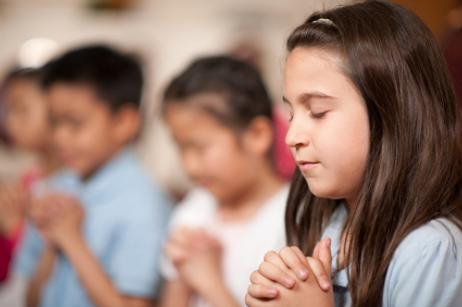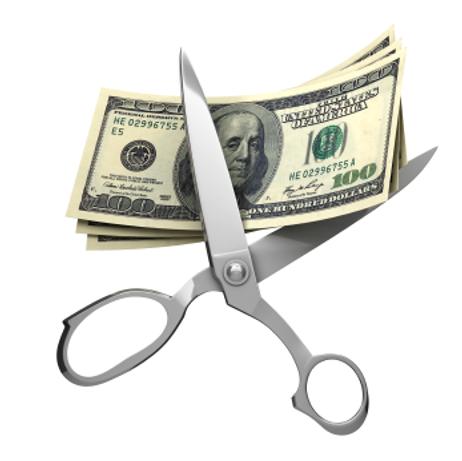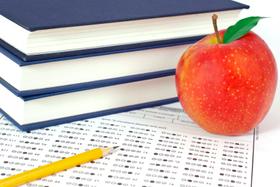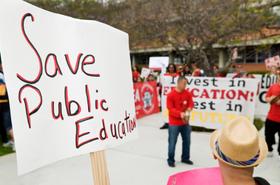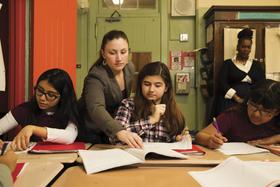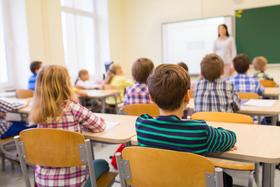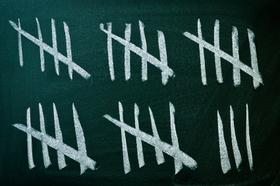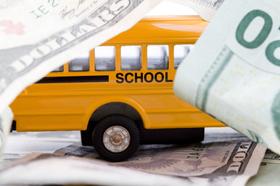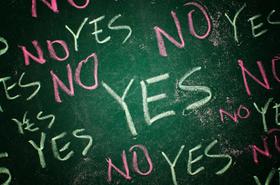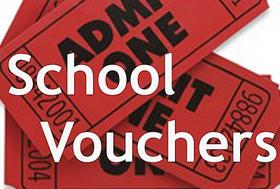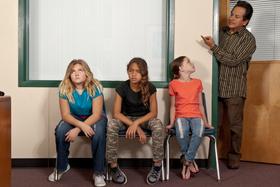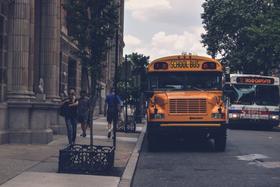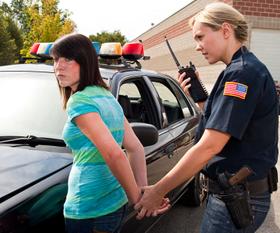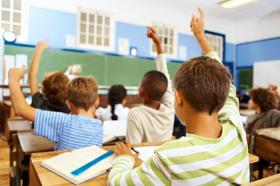Prayer appears to be on its way back to public schools after a hiatus due to a 2000 decision by the U.S. Supreme Court prohibiting student-led prayers over public address systems at school events. Thanks to a new law in Mississippi, schools will need to adopt a policy that allows for student-led prayer in a variety of venues. While the law has been applauded by many, it has also received plenty of opposition, as well as hints at a future lawsuit.
Governor Puts Signature on School Prayer Law
The New York Times reports that Mississippi Governor Phil Bryant has signed a new law that allows students in Mississippi schools to pray at school events, over school intercoms, and before school athletic contests. All prayers issued by students must be accompanied by a disclaimer, stating the prayer is not endorsed by the school district. Governor Bryant explains that the purpose of the new law is to protect religious freedom in public schools in his state – not to establish or sanction religion in schools.
The Republican Governor was joined by supporters, including lawmakers and ministers, when he signed the bill into law. One of the ministers in attendance, Rev. David E. Tipton, Jr., was quoted in the Mississippi Business Journal as saying, “We have listened to the argument of the separation of church and state too long, and those barriers, I believe, is a façade with a certain agenda that has actually, I

